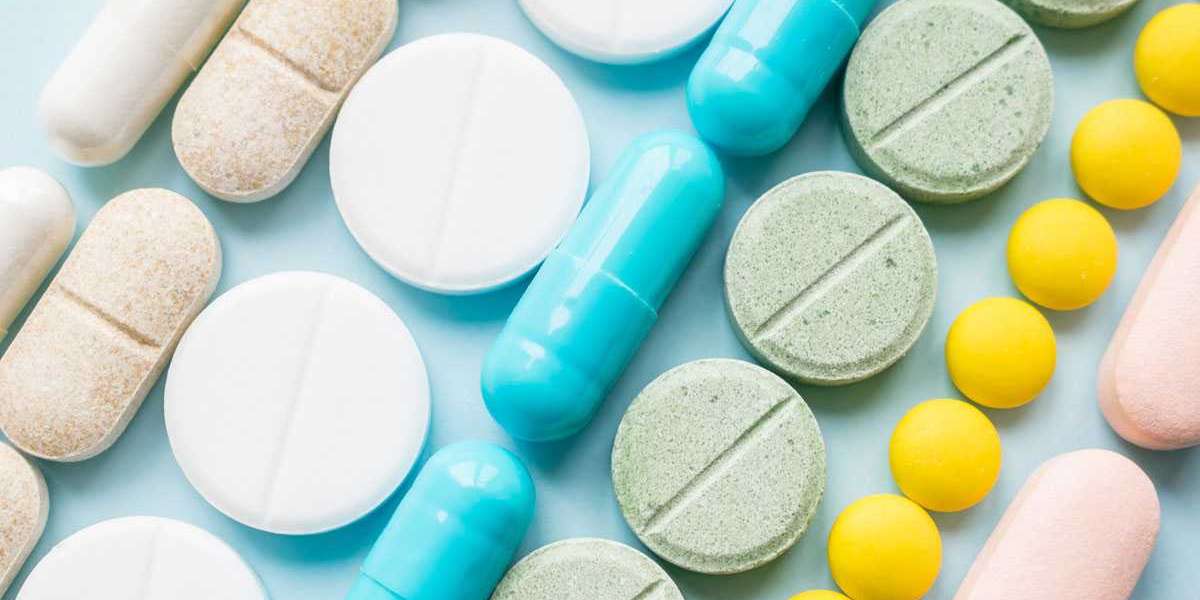Opioids, or narcotics, are strong pain relievers that can be prescribed to reduce pain after surgery or other medical procedures. They may be natural (derived from the opium plant) or synthetically made in a lab.
When taken regularly, opioids trigger the release of endorphins, your brain’s feel-good neurotransmitters. This can make you want to take more and more until you reach a point of tolerance, when your body begins to slow down the production of endorphins.
Overdose
Overdose is a medical emergency that occurs when a person consumes too much of a drug. The toxic amount overwhelms the body and progressively destroys organs and the central nervous system.
Overdosing can be accidental or intentional. Accidental - a person may take too much or the wrong type of drug without realising that it could cause them harm, such as when someone swallows crushed pills (or snorts or injects them).
Intentional - an individual may overdose intentionally because they are trying to inflict self-harm, such as by taking their own life.
Overdose can be caused by a number of different factors, such as previous drug use or abstinence, the method of administration, and any interactions with other medications. It can also occur if you take a large dose of a drug or if you mix it with alcohol or other drugs.
Tolerance
Tolerance is the ability to take a higher dose of an opioid without experiencing the unpleasant side effects of respiratory depression, nausea and decreased gastrointestinal motility. This effect can be caused by a number of different pharmacokinetic, pharmacodynamic or conditioning mechanisms.
Physiological responses to an opioid depend on a variety of signalling cascades that include NMDA receptors, serotonin and nitric oxide (NO) pathways. These pathways are important for both antinociceptive efficacy and tolerance development.
Understanding the mechanisms that regulate analgesic efficacy and tolerance can help to design new opioids with improved behavioural and cellular properties. This is particularly useful when a new compound differentially signals to different intracellular cascades, preferentially acts on more than one receptor type or interacts with heteromultimers of the u-opioid receptor and/or KOR.
Medication-assisted treatment
Medication-assisted treatment (MAT) is a proven approach to help people suffering from opioid addiction. It includes counseling and behavioral therapies in addition to medication, like methadone or buprenorphine.
Medication can help patients regain a normal state of mind free from the drug’s effects, manage withdrawal symptoms and improve their ability to stay sober. It also helps people maintain the benefits of recovery so they can live a healthier life.
Opioid use disorder is a serious condition that puts people at risk for death by overdose. MAT can prevent these deaths by keeping people from taking potentially lethal opioids and preventing them from using more of them when they do use.
Medication-assisted treatment can also prevent relapse. Medications, like methadone or buprenorphine, normalize brain chemistry, block the euphoric effects of the drug and reduce cravings.
Hospital treatment
A small but growing number of hospitals are tackling addiction head-on. When someone is admitted to a hospital with opioid overdose symptoms, they are given medication that prevents withdrawal from the drug and then connects them to treatment.
The drugs used in this approach include methadone and buprenorphine, which work by blocking the pleasant feelings a person gets from opioids and curbing cravings. These medications are used in conjunction with counseling and behavior therapy to help people overcome their addictions.
This approach can be difficult to implement in some hospitals, which are not accustomed to dealing with patients with substance use disorders. However, it is vital to address this issue to prevent more deaths from the opioid epidemic.



